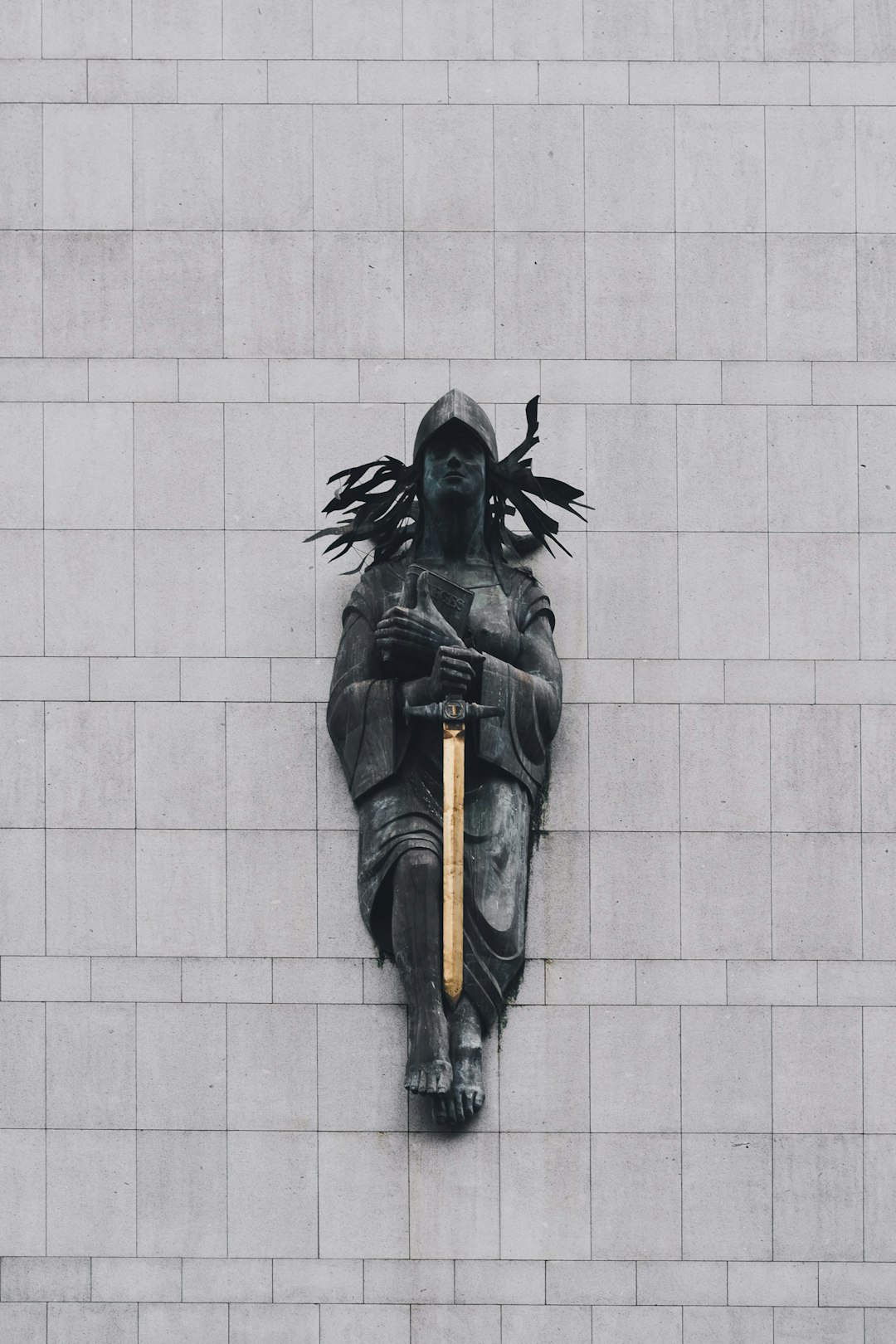Investigating the Legal Framework Surrounding Online Defamation and Slander
In today’s digital age, where communication has been revolutionized by the internet, the increased incidence of online defamation and slander has become a growing concern. The ease of spreading information, sometimes false and damaging, has given rise to a legal framework aimed at curbing the consequences of such actions. In this blog post, we will delve into the legal measures in place to tackle online defamation and slander.
Defamation refers to the act of damaging someone’s reputation by false statements, while slander specifically pertains to oral defamation. With the advent of the internet, the dissemination of defamatory statements has become more prevalent and challenging to control. However, various jurisdictions worldwide have developed legal instruments to address these issues.
One such measure is the Communications Decency Act (CDA) in the United States, particularly Section 230. Under this provision, online platforms are generally immune to liability for third-party content posted on their platforms. This protection intends to encourage platforms to allow user-generated content without constant fear of potential legal repercussions. However, exceptions to this immunity exist for cases involving federal criminal law, intellectual property, and certain state laws.
In the European Union, the General Data Protection Regulation (GDPR) has set forth rules governing the processing of personal data, including provisions specifically addressing online defamation. Article 17 of the GDPR, commonly known as the “right to be forgotten,” allows individuals to request the removal of personal data when its processing is no longer necessary or lawful. This provision can be utilized by victims of online defamation to have defamatory content erased from search engine results.
Beyond legislation, online platforms have implemented internal mechanisms to handle defamation claims. For instance, YouTube has established a Copyright Match Tool and Content ID system to help content creators protect their work against infringement. Social media platforms like Facebook and Twitter have also introduced reporting mechanisms that allow users to flag defamatory content for review and potential removal.
However, enforcing legal repercussions for online defamation and slander can be challenging due to jurisdictional complexities and technological limitations. Different legal systems around the world have varying approaches to these matters. Furthermore, identifying the culprits behind anonymous online accounts can be a daunting task, making it difficult to hold them accountable for their actions.
In conclusion, as the internet continues to evolve, the legal framework surrounding online defamation and slander must adapt to the changing landscape. Legislation and internal mechanisms implemented by online platforms are striving to strike a balance between freedom of expression and protecting individuals’ reputations. Overcoming the challenges posed by jurisdictional complexities and anonymous accounts remains an ongoing battle. As technology advances, it is crucial to continually assess and update the legal measures in place to effectively tackle online defamation and slander in the digital age.
